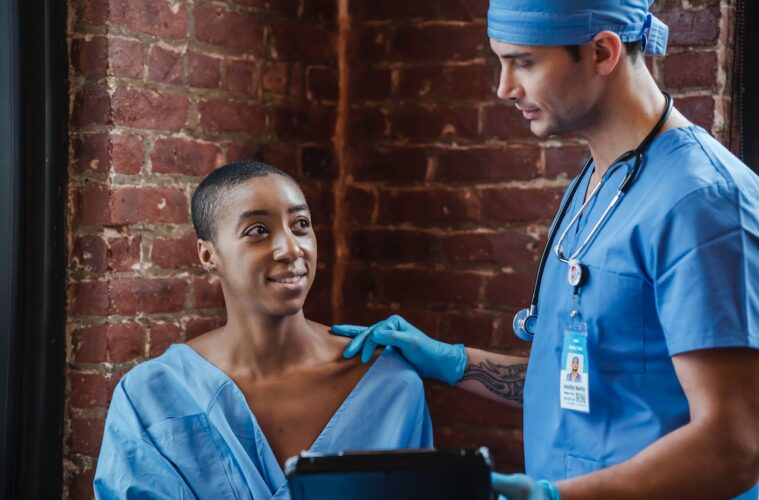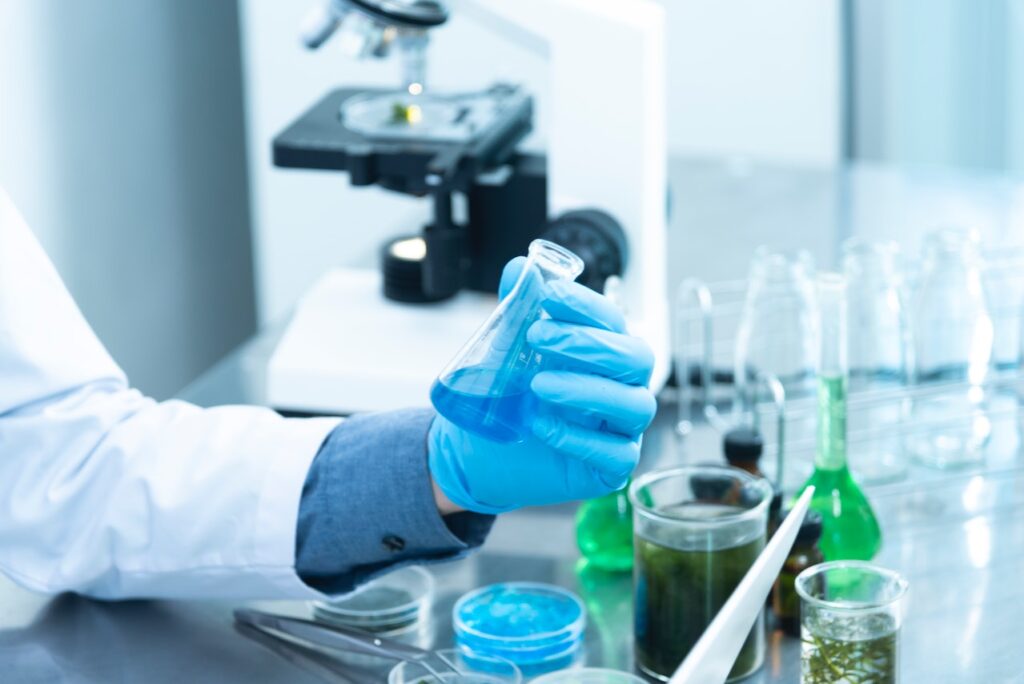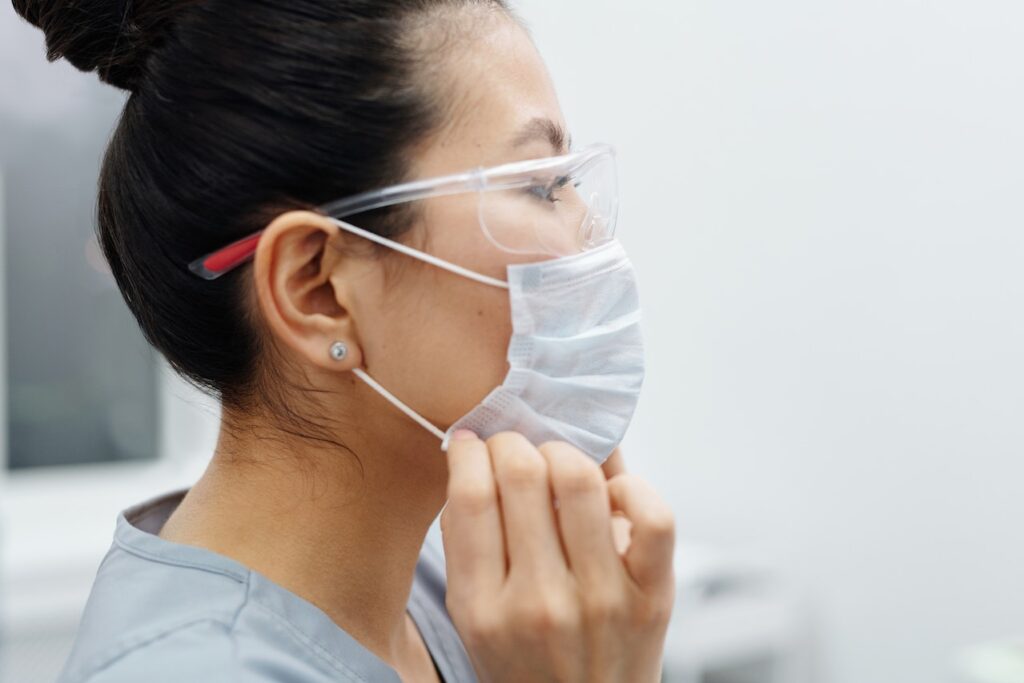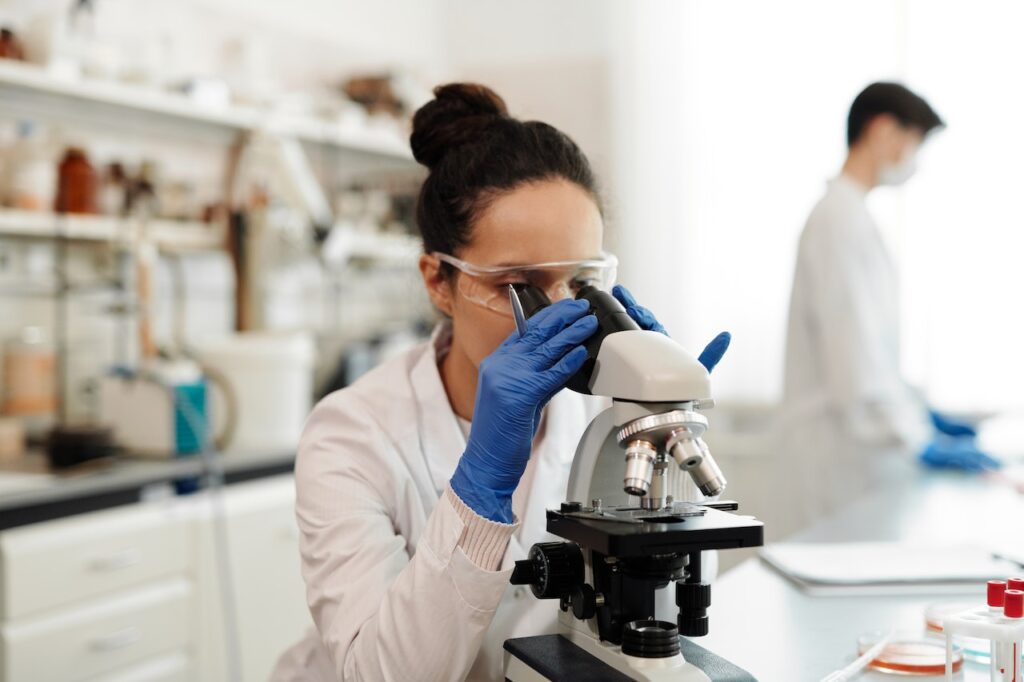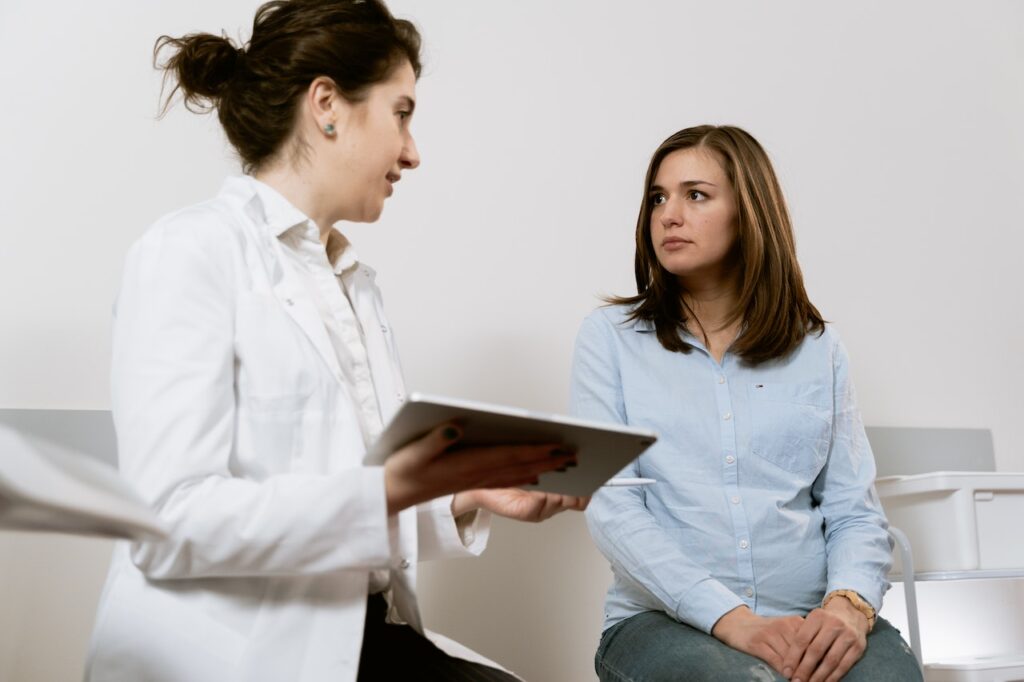The demand for human microbes has been on the rise in recent years, thanks to advancements in medical research that have unveiled the significant role they play in maintaining and improving health. Stool donors have taken center stage, providing valuable samples for fecal microbiota transplantation (FMT), a groundbreaking treatment for a range of conditions, such as gut dysbiosis, Clostridium difficile infection, and irritable bowel syndrome. For individuals seeking to contribute to the betterment of human health while making some money, becoming a stool donor can be both a fulfilling and financially rewarding endeavor.
Donor applicants must meet certain criteria to qualify as high-quality stool donors. Reputable organizations, such as humanmicrobiome.info, have stringent screening processes in place to ensure the safety and efficacy of the donations received. Prospective donors should be prepared to adhere to these requirements, which may include a comprehensive medical history along with regular physical and blood tests.
By meeting the quality standards set forth by organizations working with human microbiome, individuals can become part of a rapidly emerging field that holds immense promise in advancing medicine. As high-quality donors contribute to life-changing therapies and treatments, they can also benefit financially from their donations, making it a win-win situation for both donors and the medical community.
Compensation for Donors
Payout for Stool Types
Compensation for donors is determined by the type of stool they provide. Some stool types are more valuable than others due to their unique microbial composition and research demand.
- Type A: Donors with a diverse gut microbiome are highly sought after and might receive up to $500 per stool.
- Type B: Less diverse but still significant sample types can receive a respectable payout, typically ranging between $300 to $400 per stool.
- Type C: Samples of lower microbial diversity or not in high demand will receive lower compensation, such as $100 to $200 per stool.
Donors can increase their payout potential by maintaining a healthy diet, lifestyle, and taking care of their overall gut health.
Understanding Prices
Prices in the human microbes market fluctuate based on various factors such as research demand, donor profiles, and the scarcity of specific microbial species. In order to better understand the compensation received for stool donations, consider the following:
- Donor Health: Healthy individuals with a diverse gut microbiome are more likely to receive higher compensation as their samples are considered valuable for research and treatment.
- Research Demand: High demand for specific stool types can drive up the prices, resulting in a higher payout for the donor.
- Sample Quality: Exceptional sample quality, free from contaminants and rich in beneficial bacteria, will command a higher price.
It is essential for donors to be aware of the factors that affect compensation, as it allows them to maximize the value of their contributions by maintaining their health and understanding the market’s dynamics.
Donor Selection and Screening
Donor Criteria
When selecting donor applicants for human microbes, labs typically look for individuals who meet specific criteria. Donor candidates must typically be between the ages of 18 and 50. This age range ensures that donors are legally able to consent to the process and are healthier compared to older individuals.
The ideal donor should have a well-balanced diet, exercise regularly, and maintain good overall health. Labs may employ stricter criteria depending on the specific research or therapy they are involved in. Candidates will undergo initial screenings to ensure their microbes are suitable for donation. Screenings may include:
- Assessing medical history
- Conducting a physical examination
- Testing stool samples for pathogens
Donor Interview
Once lab screening processes identify suitable candidates, the donor interview stage commences. The purpose of these interviews is to gather in-depth information about the donor, ensuring they meet the required criteria and that their microbes will not pose a health risk to recipients.
During the interview, potential donors can expect a comprehensive questionnaire addressing various aspects of their health, personal habits, and medical history. Some of the key questions covered are:
- Existing chronic medical conditions or diseases
- Recent antibiotic use
- International travel history and exposure to infectious diseases
- Risk factors for communicable diseases
- Family medical history
The interview process allows the lab to gather crucial information about potential donors and make informed decisions on whether they are suitable candidates for human microbe donation. By adhering to rigorous donor selection and screening protocols, labs can ensure the highest quality and safety standards for their microbial products.
The Role of Researchers and Doctors
Importance in Microbiome Studies
Researchers play a crucial role in advancing our understanding of the human microbiome, particularly regarding its implications for health and disease. They conduct a range of studies, from large-scale experiments to individual case studies, that help unravel the complex interactions between microbes and their human hosts. These studies often result in the discovery of new treatments and therapies, such as fecal microbiota transplantation (FMT), which help in combating various disease-resistant conditions. The depth and breadth of research in this field contribute significantly to shaping the future of medicine.
Contributions of Doctors
Doctors have a key role in the application of microbiome-related treatments. They are responsible for diagnosing patients, prescribing appropriate treatments, and monitoring their progress. They collaborate with researchers to stay informed about the latest advancements in the field, ensuring that patients receive the most effective treatment options. Through careful evaluation and monitoring, doctors can help identify patterns and trends in disease resistance, which, in turn, aids researchers in refining their understanding of the human microbiome.
Clinical Trials and Treatments
The medical field has been rapidly progressing, with clinical trials and treatments playing a significant role in the development of innovative therapies. One such area of research is centered around human microbes and their potential as donor-derived treatments. Human Microbiota Transplantation (HMT) is one such treatment that has gained recognition in addressing certain health conditions.
Success Stories
One notable example is Fecal Microbiota Transplantation (FMT), in which fecal matter from a healthy individual is transplanted into the gastrointestinal tract of a patient. FMT has been proven successful in dealing with recurrent Clostridium difficile infection (CDI) by restoring the balance of gut bacteria. Clinical trials have shown promising results, with an estimated success rate of 85%-90% in treating CDI. This highlights the potential of human microbes as effective treatments in suitable scenarios.
Exploring New Treatments
As research continues, additional clinical trials are exploring the potential of human microbes in treating other diseases. Studies are underway to examine the effects of microbiota-based therapies on conditions such as inflammatory bowel disease, obesity, and even mental health disorders. The main objective of these trials is to establish effective methods for leveraging the power of the human microbiome to treat various conditions.
While human microbes-based treatments are still relatively new, current results from clinical trials have shown promise in their ability to address specific diseases. Continued research will only lead to the expansion of knowledge and therapies in this field, further cementing the importance of human microbes in medical treatments.
Facilitation and Logistics
Dry Ice Shipping
When dealing with human microbiome samples, shipping becomes a crucial aspect to preserve their integrity. Dry ice shipping is the standard method for transporting these samples as it maintains the temperature at approximately -78.5°C. This prevents bacterial growth and ensures that the samples remain viable for further study.
Many labs prefer to work with courier services experienced in handling shipments with dry ice. It’s essential to choose a courier service that can provide adequate packaging materials, follow regulations, and deliver the samples in the required time frame. Additionally, most places have clear guidelines for dry ice labeling, and the sender must comply with these regulations to avoid shipment delays.
Stool Donor Networks
For human microbiome donors, joining a stool donor network can prove beneficial as these networks connect donors to labs or research institutions that need samples. These networks often have a database of registered donors and match them with researchers based on specific requirements, such as medical history and geographic location.
Stool donor networks also provide information on the proper collection and storage of samples. Donors should follow these guidelines to ensure the sample remains viable:
- Collecting the sample in a sterile container
- Storing the sample at the appropriate temperature before shipping
- Using gloves and other protective equipment during the sample collection process
The availability of potential donors at these networks can greatly influence the speed and success of research projects. Thus, it is crucial for potential donors to register with these networks to contribute to the advancement of human microbiome research.
In summary, facilitating the monetary aspect and logistics of human microbiome donations requires attention to detail, especially regarding dry ice shipping and joining stool donor networks. Proper shipping ensures samples remain viable, and collaborating with networks connects donors and researchers effectively.
Frequently Asked Questions
How to become a stool donor?
To become a stool donor, one needs to follow a set of steps. First, check the eligibility criteria provided by the human microbes org/donors website. If eligible, complete the application form available on the site. Then, undergo a series of medical tests to ensure the donor’s stool meets the necessary standards. Once approved, they can start donating.
What are the stool donation locations?
Stool donation locations vary depending on the organization. It is advised to visit the human microbes org/donors website or contact them directly to find the nearest donation center.
How much do stool donors get paid?
The payment for stool donors may differ depending on the organization and location. However, generally, stool donors can expect to earn between $40 and $50 per donation. Some organizations may offer a higher compensation rate based on specific criteria.
Is the human microbes org donor program legitimate?
The human microbes org donor program is legitimate and adheres to strict medical and scientific guidelines. They ensure the safety of both donors and recipients by following thorough screening protocols. It is essential to research any organization before becoming a donor to guarantee its legitimacy.
How difficult is it to be accepted as a stool donor?
Becoming a stool donor can be challenging due to strict eligibility criteria and screening processes. A potential donor must meet specific health requirements, such as being free from gastrointestinal issues, infections, and chronic illnesses. Furthermore, they need to pass a series of medical tests to ensure their stool is suitable for donation.
How long does it take to hear back after applying as a donor?
The time to hear back after applying as a donor varies depending on the organization. Generally, the application review process may take anywhere between a few days to a few weeks. The organization will contact the applicant with the results and provide further instructions about the next steps.

